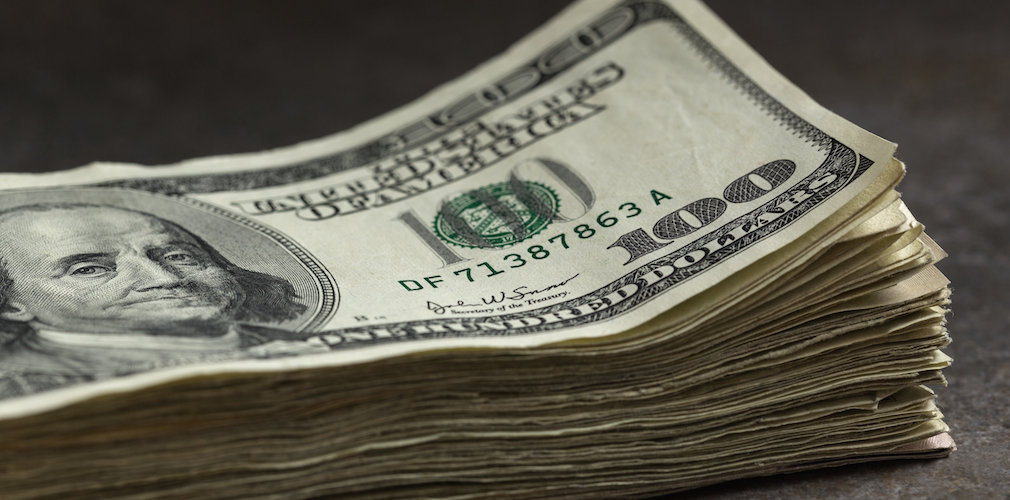Mounting geopolitical headwinds have intensified fears of an oncoming economic recession, especially as the nation’s housing market, which is a significant indicator of overall economic health, has slowed to concerning levels.
As the economy cools off in several sectors, the International Monetary Fund has downgraded its 2019 forecast, according to an article written by Mark Cobley for Barron’s.
The International Monetary Fund, which is a global organization consisting of 189 countries working to sustain financial stability, asked the opinions of 307 insurance company executives in an annual survey conducted by Goldman Sachs’ asset management division.
The survey discovered that 35% of these leaders said an economic slowdown and U.S. recession was their top worry, citing growth concerns as a top risk to their investment portfolios, according to Cobley.
From the article:
More than four-fifths of them, 82%, said they expected this to happen in either 2020 or 2021. But US recession is “not a 2019 event”, Goldman said, with only 2% of its respondents predicting economic reversal for this year.
And these insurers may be right, as the latest Gross Domestic Product report produced by the Bureau of Economic Analysis determined real GDP increased at an annual rate of 3.2% in the first quarter of 2019.
However, if GDP does not maintain its momentum The Federal Reserve could take action, potentially resulting in the adjustment of interest rates.
This could prove to be detrimental as insurers tend to put the majority of their money into bonds, according to Cobley. From the article:
This year, the proportion nervous of further rate rises slumped to just 7%, while those worrying about bad debts jumped to 38%. This was “particularly notable” among US insurance companies, Goldman noted, half of which picked “credit quality deterioration” as their top investment risk.
Goldman’s researchers wrote: “This year’s results indicate that respondents are the least optimistic they’ve been since 2015.” Only 14% of the insurance chiefs said their investment opportunities were improving, down from 18% last year and 23% in 2017.







